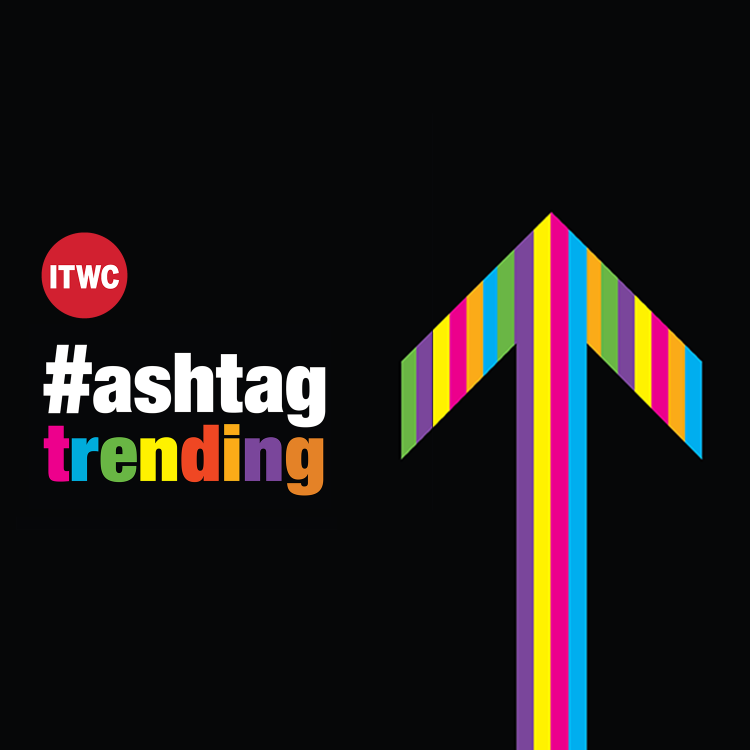Teens are not using Facebook, research reveals people are seeing misinformation weekly, and the FCC rejects Starlink’s request for $900 million in subsidies
That’s all the tech news that’s trending right now, welcome to Hashtag Trending. It’s Friday, August 12, and I’m your host, Tom Li.
Teens are using Facebook less and less. In a survey study, Pew Research Center found that only 32 per cent of U.S. teens between 13 and 17 years old use the Facebook app. That’s a massive drop from the same study by Pew In 2015 when the reported number was 71 per cent. Since the peak, Facebook has seen this demographic decline yearly. This caused Meta CEO Mark Zuckerberg to call for a renewed effort to attract younger users last year. The survey found that YouTube was the most popular platform with 95 per cent of surveyed teens saying they use it. Video app TikTok was the runner-up, with 67 per cent of teens saying they use it. While Facebook isn’t attracting the teenage demographic, Instagram—which is owned by Meta, was the third most popular social media app among teens.
Source: Techspot
Another study has revealed that 62 percent of respondents across generations think they see misleading information online weekly. According to the MediaWise research, Gen Z, Millennials and Gen X feel slightly more confident in their ability to fact-check compared to Baby Boomers and the Silent generation. Over half of those under 26 are concerned about their family members being exposed to misinformation. The study also found that Gen Z is more likely to check social media comments and use search engines to fact-check. They’re also likely to be more rigorous, using methods like reverse image search or a technique called “lateral reading,” which involves opening multiple searches across tabs to gather more information., an article by Poynter revealed.
Source: Poynter
The FCC has rejected a bid by SpaceX to receive almost $900 million in aid through the Rural Digital Opportunity Fund. In a statement, the FCC said that Starlink “failed to demonstrate” that it could deliver the claimed service. FCC chair Jessica Rosenworcel said Starlink had “real promise,” but said the agency couldn’t approve the subsidy for a new technology that needs a $600 satellite dish. SpaceX won its bid almost two years ago in December 2020 through an auction. The company said it would use the subsidies to serve 35 locations. It also promised prices in sync with terrestrial broadband, and said it would meet service buildout timetables. According to Engadget, the denial isn’t a huge loss to the company’s plans, but Starlink will now have to rely on its own funding for the expansion it outlined in 2020.
Source: Engadget
Researchers from Stanford University and Nvidia have teamed up to develop VR glasses that look a lot more like regular eyeglasses. These glasses, simply called “Holographic Glasses,” can deliver a full-colour 3D holographic image using optics that are just 2.5mm thick. The Holographic Glasses use something called pancake lenses, which allow for a much smaller profile. Additionally, the new lens supports much higher resolution and offers a 200-degree-wide field-of-view.
That’s all the tech news that’s trending right now. Hashtag Trending is a part of the ITWC Podcast network. Add us to your Alexa Flash briefings or your Google Home daily briefing. Make sure to sign up for our Daily IT Wire newsletter to get all the news that matters directly in your inbox every day. Also, catch the next episode of Hashtag Tendances, our weekly Hashtag Trending episode in French, which drops every Thursday morning. If you have a suggestion or a tip, drop us a line in the comments or via email. Thank you for listening, I’m Tom Li.
Source by www.itworldcanada.com


























